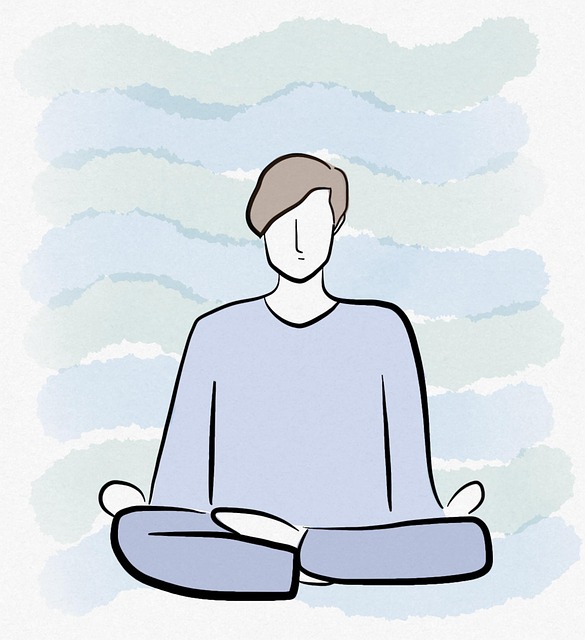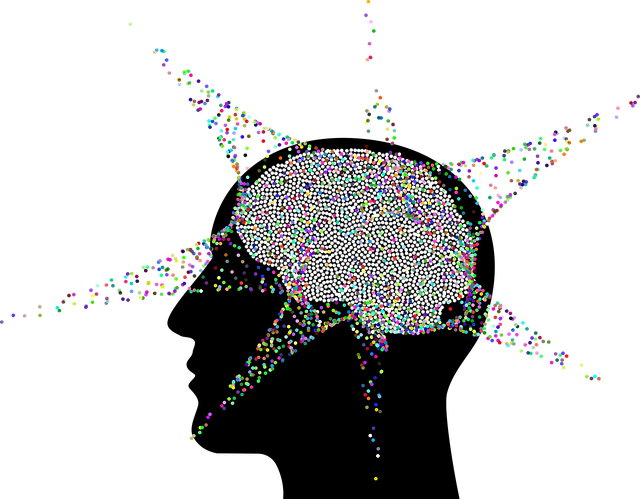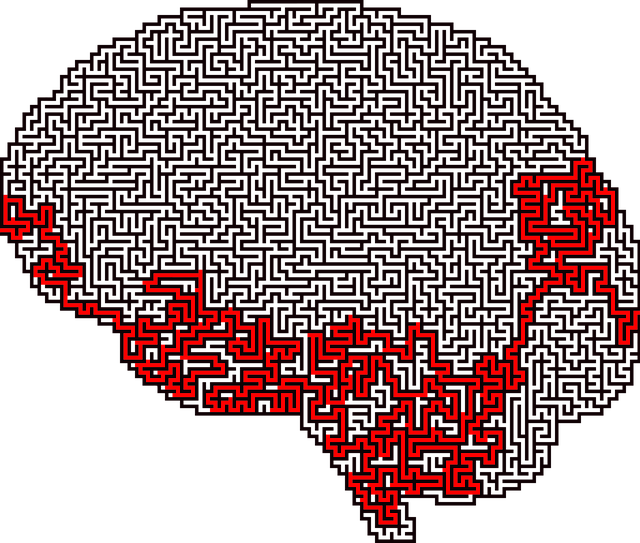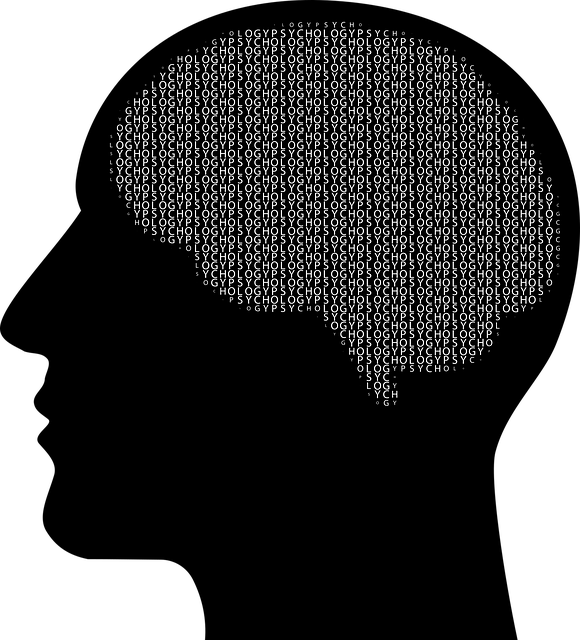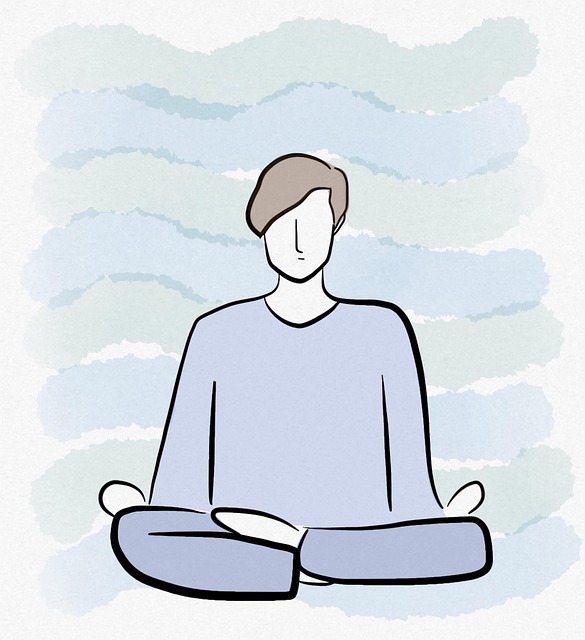Castle Rock residents suffering from Obsessive Compulsive Disorder (OCD) face unique challenges, but accessible support systems are available through specialized therapy, workshops, and advocacy. Cognitive Behavioral Therapy (CBT), a core method, targets thought patterns and empowers individuals with Mind Over Matter principles. Culturally sensitive care, collaborative therapy, support groups, and self-care practices enhance treatment effectiveness. Castle Rock OCD therapy focuses on building resilience using evidence-based techniques and improving healthcare provider competency for holistic long-term management.
Mental illness diagnosis and treatment navigation can be a daunting task, especially for conditions like Castle Rock Obsessive Compulsive Disorder (OCD). This comprehensive guide delves into understanding OCD, navigating its diagnostic process, exploring therapeutic approaches, and the vital role of support systems and self-care. We also discuss building resilience and long-term management strategies for improved quality of life. Discover expert insights on Castle Rock Obsessive Compulsive Disorder therapy to help break down barriers and reclaim control.
- Understanding Castle Rock Obsessive Compulsive Disorder (OCD)
- Navigating the Diagnostic Process for OCD
- Therapeutic Approaches to Treating OCD
- Support Systems and Self-Care Strategies
- Building Resilience and Long-Term Management of OCD
Understanding Castle Rock Obsessive Compulsive Disorder (OCD)

Castle Rock Obsessive Compulsive Disorder (OCD) is a mental health condition characterized by intrusive thoughts and repetitive behaviors that individuals feel compelled to perform. This debilitating disorder can significantly impact daily life, affecting various aspects from personal relationships to work performance. Recognizing the unique challenges faced by those in Castle Rock affected by OCD is crucial. Castle Rock Obsessive Compulsive Disorder therapy focuses on helping individuals manage their symptoms through evidence-based practices such as cognitive-behavioral therapy (CBT), which targets the underlying thoughts and behaviors contributing to OCD.
The Stress Management Workshops Organization often emphasizes Mind Over Matter principles, a concept applicable to OCD treatment. By fostering mental resilience and coping strategies, these workshops empower individuals to navigate their OCD with greater autonomy. In addition, Mental Health Policy Analysis and Advocacy plays a vital role in ensuring accessible and inclusive support systems for Castle Rock residents struggling with OCD, promoting early intervention and continuous care.
Navigating the Diagnostic Process for OCD

Navigating the diagnostic process for OCD can be a daunting task, often shrouded in misunderstanding due to the mental illness stigma. At Castle Rock Obsessive Compulsive Disorder Therapy, we prioritize empathy building strategies to ensure individuals feel heard and supported throughout every step. The journey starts with recognizing symptoms—unwanted intrusive thoughts (obsessions) and repetitive behaviors (compulsions) that interfere with daily life. This recognition is a crucial first step towards recovery.
Our expert therapists employ evidence-based techniques, such as cognitive behavior therapy (CBT), to challenge and modify unhelpful thought patterns and behaviors. By fostering understanding through education and Mind Over Matter principles, we empower individuals to take control of their lives. Through collaborative efforts, we work together to dispel misconceptions about mental illness and reduce the stigma associated with OCD, paving the way for effective treatment and lasting healing.
Therapeutic Approaches to Treating OCD

Treating Obsessive Compulsive Disorder (OCD) often involves a combination of therapeutic approaches designed to help individuals manage their symptoms and improve their quality of life. One evidence-based method is Cognitive Behavioral Therapy (CBT), which focuses on identifying and modifying negative thought patterns and behaviors associated with OCD. CBT helps patients challenge their obsessions and reduce the urge to perform compulsions, gradually building confidence in their ability to cope without ritualistic behaviors.
Additionally, Compassion Cultivation Practices have emerged as a valuable component of OCD therapy. These practices encourage individuals to cultivate self-compassion and kindness towards themselves, fostering a non-judgmental mindset that can alleviate the distress often associated with OCD symptoms. Healthcare Provider Cultural Competency Training is also essential, ensuring that therapists understand the unique needs of diverse populations and adapt their treatment approaches accordingly. This comprehensive approach, combining CBT, compassion cultivation, and culturally sensitive care, offers individuals affected by Castle Rock Obsessive Compulsive Disorder Therapy tailored to their specific requirements.
Support Systems and Self-Care Strategies

Navigating a mental illness diagnosis can be overwhelming, but establishing robust support systems and adopting effective self-care strategies are key components in managing symptoms and enhancing recovery. Castle Rock Obsessive Compulsive Disorder (OCD) therapy benefits greatly from a collaborative approach involving patients, therapists, and loved ones. Encouraging open communication ensures personalized treatment plans that tackle unique challenges. Support groups, family education, and peer mentorship provide invaluable understanding and encouragement, fostering a sense of belonging and shared experience.
Incorporating practices like mental wellness journaling exercise guidance can offer profound insights into thoughts and behaviors, promoting self-awareness and positive thinking. Regular reflection allows individuals to track progress, identify triggers, and celebrate achievements. Additionally, cultivating mindfulness through guided exercises enhances focus on the present moment, reducing rumination and anxiety. Broadening one’s understanding of Mental Health Awareness further equips individuals with tools to recognize and address mental health concerns early, empowering proactive self-care strategies alongside professional treatment.
Building Resilience and Long-Term Management of OCD

Building resilience is a key aspect of managing Castle Rock Obsessive Compulsive Disorder (OCD) in the long term. OCD therapy focuses on helping individuals develop coping strategies to confront and manage their symptoms effectively. Through specialized Castle Rock OCD therapy, patients can learn to challenge obsessive thoughts and reduce engaging in compulsive behaviors. This process involves cognitive-behavioral techniques such as exposure and response prevention, which have proven highly effective in treating OCD.
In addition, fostering cultural competency among healthcare providers is essential for successful long-term management. Healthcare Provider Cultural Competency Training equips professionals with the skills to understand and address the unique needs of diverse populations struggling with mental health conditions, including OCD. By incorporating these training programs and risk assessments for mental health professionals, such as burnout prevention strategies, the overall quality of care can be enhanced. This holistic approach ensures individuals with OCD receive personalized support tailored to their cultural backgrounds, leading to improved outcomes and better long-term management.
Understanding and managing Castle Rock Obsessive Compulsive Disorder (OCD) involves a multi-faceted approach. By navigating the diagnostic process with expertise, individuals can access tailored Castle Rock Obsessive Compulsive Disorder therapy options that address their specific needs. Therapeutic approaches, support systems, and self-care strategies play pivotal roles in fostering resilience and long-term management of OCD. Embracing these strategies empowers folks to take control of their mental health journey and live fulfilling lives despite the challenges posed by this condition.



